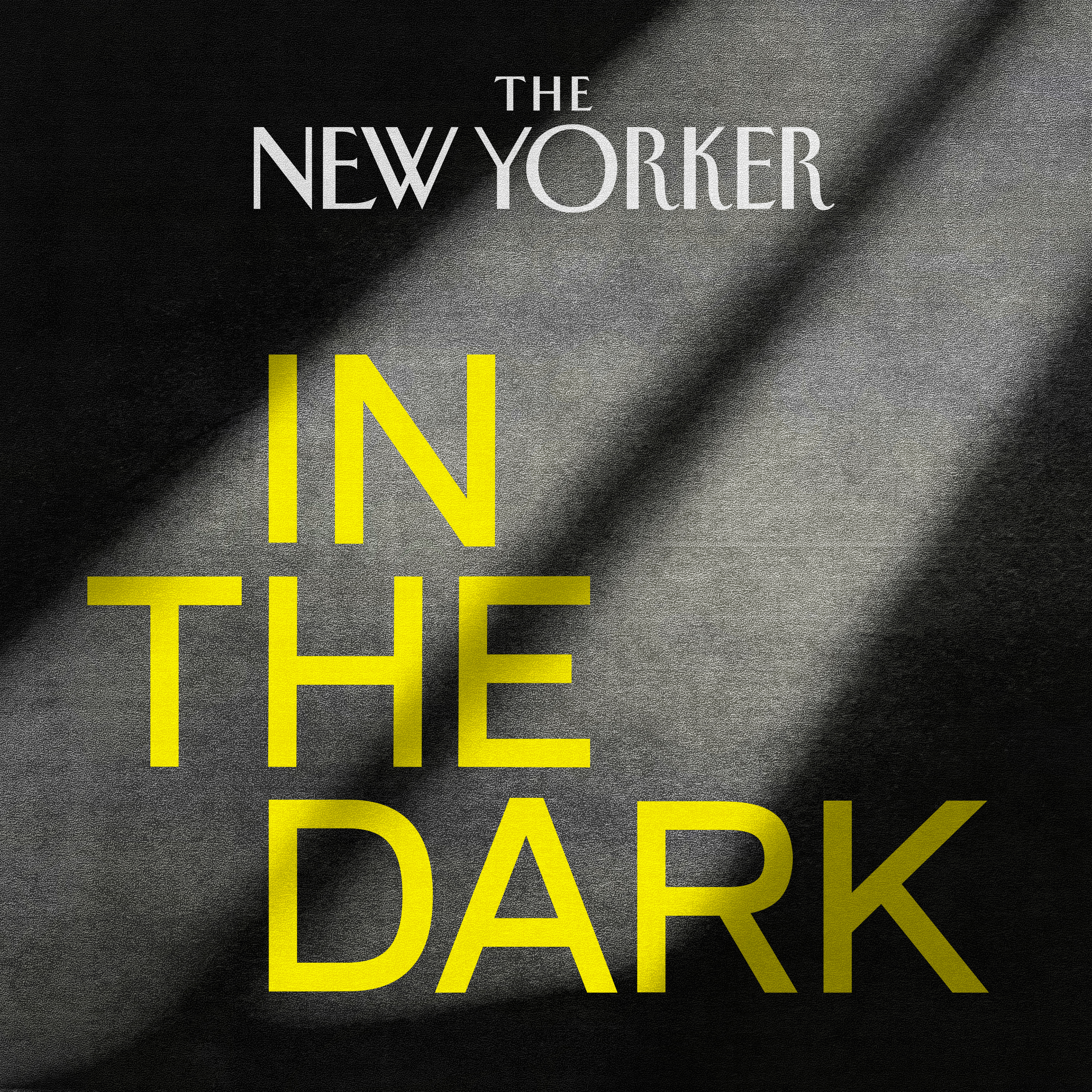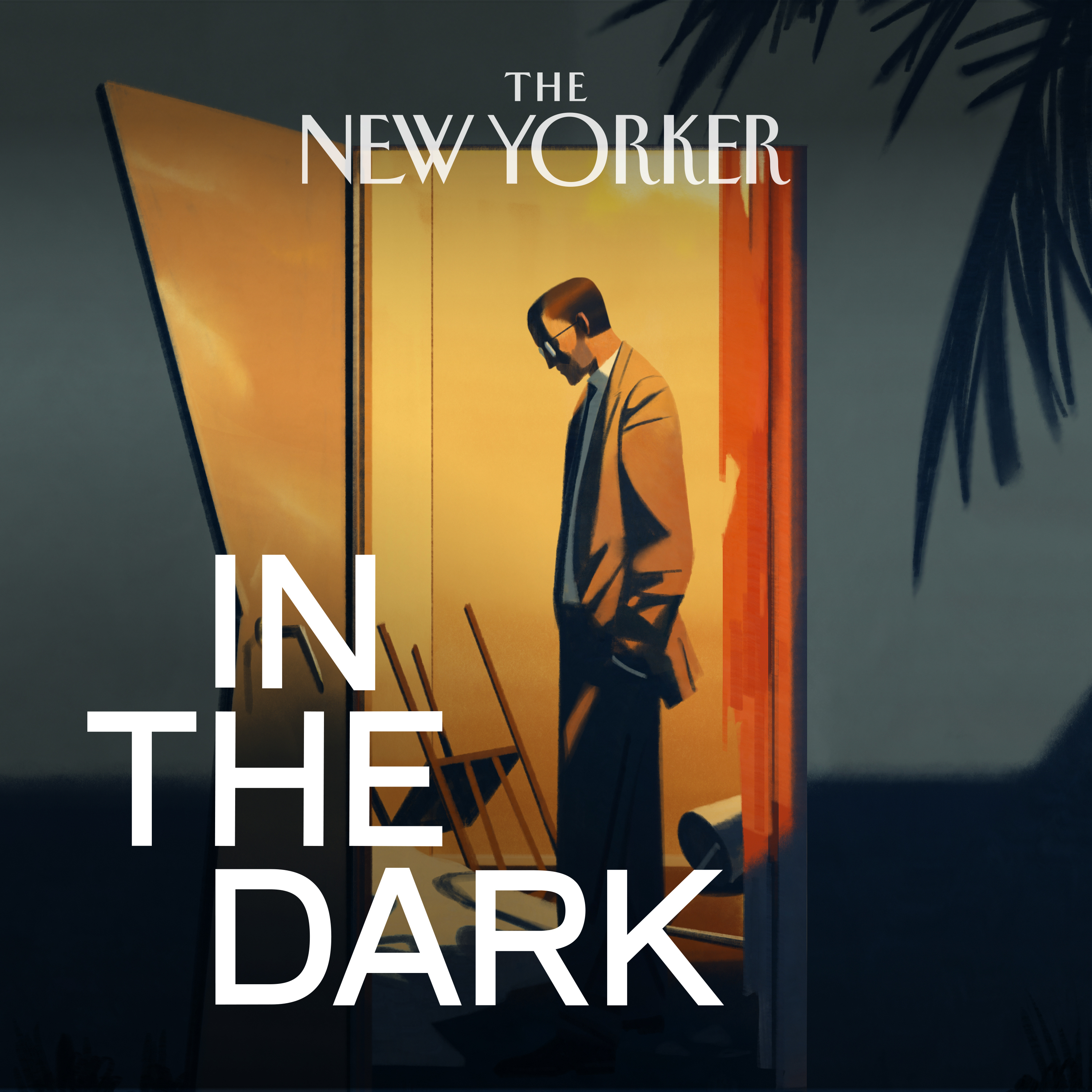
Chapters
Shownotes Transcript
Lauren Collins on the unraveling of an expert on serial killers.
David Grand's impossible-to-put-down stories of mutiny and murder. Subscribe at newyorker.com slash dark, and you'll get access to all of it, plus a free New Yorker tote bag. I must say, the very best tote bag around. That's newyorker.com slash dark. This is Madeline Barron, host of In the Dark. I'm coming to you late Friday night with a special update on some breaking news that happened just hours ago in the case of Curtis Flowers.
Friday afternoon, the U.S. Supreme Court announced on its website that it will take Curtis Flowers' case, that the court will hear Curtis' appeal and will decide whether his conviction should be overturned. It's what lawyers call granting cert. And this decision by the court to take Curtis' case is extraordinary. Every year, the Supreme Court receives thousands of petitions, often as many as 7,000 or 8,000. And of that number, the court only takes about 100 or so.
Often, the cases the court does take are ones it believes have national significance. As soon as I heard the news, I called one of Curtis's lawyers on this appeal, a public defender in Jackson, Mississippi, named Allison Steiner.
This is Allison. Allison, it's Madeline Barron calling. Oh, well, gee, you weren't the first person to call. We're very excited. I can imagine. Do you mind if I just record real briefly with you? Sure. Okay, so yeah, this just happened, so...
What did you think when you saw it? I thought, this is wonderful. It is a tremendous moment. Well, let's put it this way. I've been practicing law 43 years. This is only the second time this has happened to me in 43 years of law practice. Wow. That the U.S. Supreme Court has decided to actually hear a case that you brought up before it. Yeah.
Have you told Curtis? I have not been able to reach the office that would let me call him. It has closed by the time we got there. Oh, no. I'm almost tempted to drive up to Parchman and try and break into the prison to tell him. But, yes. Were you expecting this? I was hoping for it.
but the court almost never grants cert. I mean, it gets thousands of cases and grants almost none of them. Yes, that is true. Um, but I like to believe that as important as Curtis's case is to anybody who knows Curtis or knows the facts of what's happened in this case. Um,
I like to think that the United States Supreme Court is still very interested in making sure that the justice system that it is in charge of operates fairly and is not, in my view, poisoned by racial discrimination. Here's what Alison Steiner is talking about.
The court will look at a critical issue in Curtis's case, the issue of alleged racial discrimination by the district attorney Doug Evans in jury selection. Throughout Curtis Flower's six trials, Curtis's lawyers have tried to convince the courts that Doug Evans has intentionally struck black people from the juries because of their race in violation of the U.S. Constitution. And twice, the defense succeeded in convincing a court of this,
It happened in Curtis's second trial, and it happened in the appeal of Curtis's third trial. But in his sixth trial, that's the latest one, in 2010, it was different. That jury was also almost all white. But when Curtis appealed that conviction, he lost. So Curtis kept appealing all the way to the U.S. Supreme Court. And the Supreme Court sent it back down to the Mississippi Supreme Court and asked it to take another look at the case.
But the Mississippi Supreme Court didn't change its mind. The state Supreme Court upheld the conviction. So then Curtis went back to the U.S. Supreme Court one more time to try to convince the court to take his case. Curtis's lawyers told the U.S. Supreme Court that the state Supreme Court in Mississippi had gotten the case wrong. They argued that the Mississippi Supreme Court...
hadn't carefully considered whether Doug Evans, the DA, had intentionally discriminated against Black people in violation of the U.S. Constitution. As part of Curtis's appeal, a group called the Magnolia Bar Association filed what's known as a friend-of-the-court brief. And in that brief, they cited the analysis that our team had done of jury selection throughout Doug Evans' entire tenure as DA.
the analysis that found that Doug Evans' DA's office struck black people from juries at nearly four and a half times the rate it struck white people. The work you did, I think, is vastly important to this case and at some point will, I hope, persuade someone that Curtis should not ever be tried. His case should be reversed and he should never be tried again. Alison Steiner told me that she thinks that the fact that the court took the case
is a sign that they might rule in Curtis's favor and actually overturn his conviction. Well, it is often said that the U.S. Supreme Court does not take cases just to affirm what the court below did. We must be optimistic, and I think we have reason to be, that this is a case that it would be very difficult to...
for this court to brush aside. Unfortunately for Curtis, this doesn't change anything. He goes to bed tonight on death row and he wakes up tomorrow morning on death row because until relief is actually granted, that's where he stays. I wanted to find out what the DA, Doug Evans, made of all this. So I called his office late this afternoon, but no one answered.
I also reached out to the Mississippi Attorney General's office. That's the office that's representing the state in the appeal. I wanted to find out if the Attorney General, Jim Hood, had anything he'd like to say about the court's decision. A spokesperson got back to me and sent me an email saying, quote, Pre-trial publicity rules prevent us from commenting on ongoing cases. Late this afternoon, I also decided to call Curtis Flowers' father, Archie Flowers. I reached him at his house in Winona.
What do you think Curtis will make of it? How was he doing earlier? Yeah, it just happened. This is some big news. Makes you sleep better tonight? Yeah. Yeah.
In the coming months, the U.S. Supreme Court is expected to ask both sides, the defense and the state, to file written briefs. After that, the justices could decide to schedule oral arguments in the case.
Alison Steiner told me that she expects that the lead attorney for the defense, attorney Sherri Lynn Johnson of the Cornell Death Penalty Project, or another Cornell death penalty lawyer on the team, Keir Weibel, would argue the case for the defense. The Supreme Court will announce its decision in the case of Curtis Giovanni Flowers v. Mississippi no later than June of 2019. Hi, I'm Laleh Arakoglu, host of Women Who Travel.
This summer, we visit a remote Danish island with strong Viking roots. So I think it was also part of the history you told yourself. We're strong women here. We're strong women. This is the culture of this island. We've crossed the country with a baseball stadium chaser. Some games could be a day game and then you drive to your next location and take in a night game. And then you turn around and try to get to a day game.
And, well, how can it be summer without at least one mouth-watering moment in France? I'm in a country where there's all these wonderful cheeses and fruits, and I tasted a white nectarine, and it was small and ugly, but it just had a sweetness and a juice that shocked me. Join me, Laleh Arakoglu, every week for more adventures on Women Who Travel, wherever you listen. From PR.

